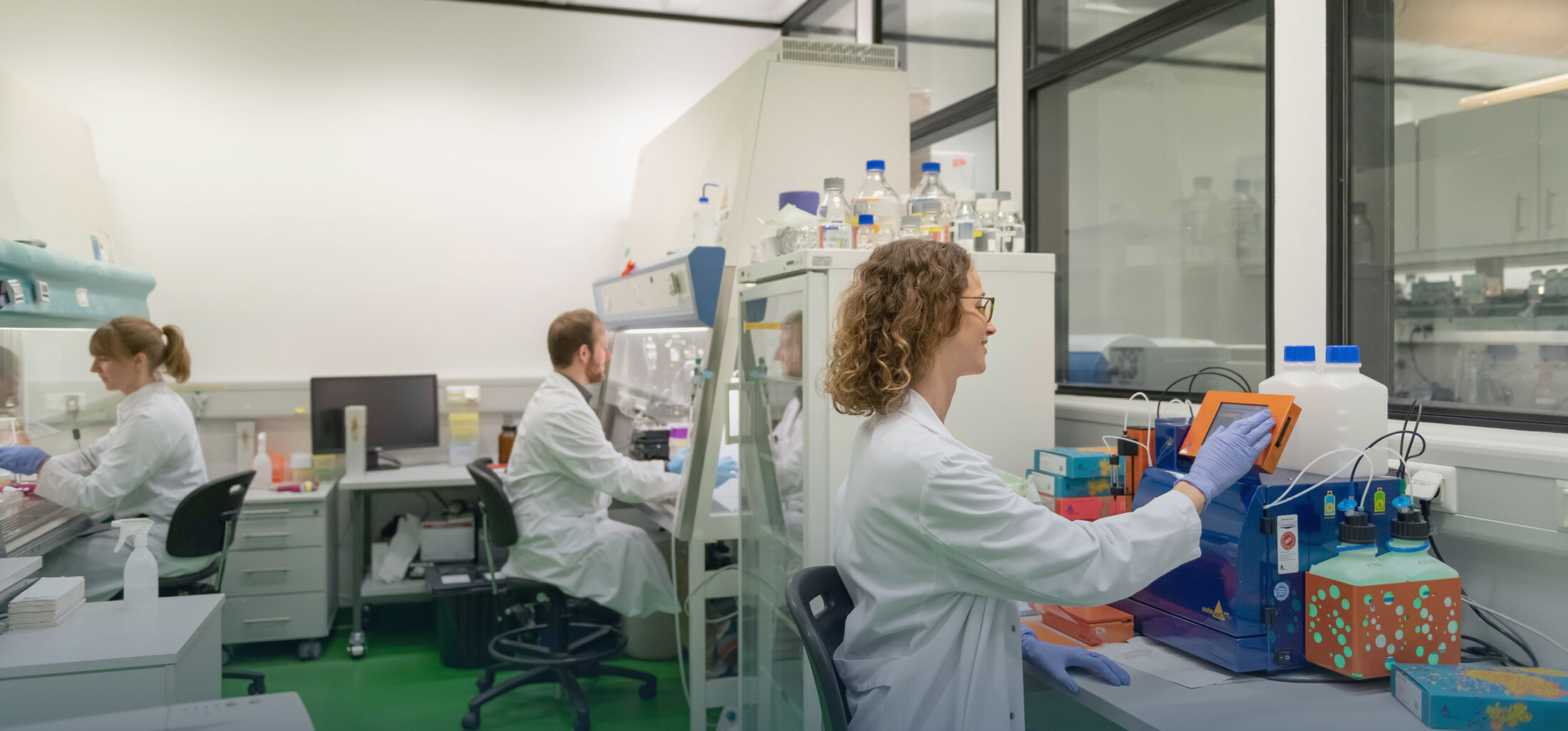Researchers have made significant progress in understanding myeloproliferative neoplasms (MPNs), a group of blood diseases characterized by the excessive production of blood cells. Specifically, they have closely examined the role of the Hedgehog (Hh) signaling pathway, a crucial regulator of cell communication. Despite existing evidence that inhibitors of this pathway have therapeutic effects, the precise function of the Hh pathway in MPNs had been poorly understood.
The study focused on the investigation of both the canonical and non-canonical Hedgehog pathways. It was found that the protein Gli1, a key player in this pathway, serves as an indicator of fibrotic disease progression in the peripheral mononuclear blood cells (PBMCs) of patients with MPNs. Interestingly, mouse models demonstrated that the absence of Gli1 in hematopoietic cells, but not Gli2 or Smo, led to a significant reduction in the typical symptoms of MPNs and fibrosis. This suggests that Gli1 can be activated in a non-canonical manner, operating independently from the traditional pathways of the Hedgehog system.
Another important finding of the study is the discovery that Gli1 in hematopoietic cells significantly influences stromal cells. This effect is mediated through a modulable axis between the Macrophage Migration Inhibitory Factor (MIF) and CD74. These results highlight the complex interactions between changes in MPN cells and the activation of stromal cells.
The research findings suggest that Gli1 represents a promising target for therapeutic approaches in MPNs, especially since the Hedgehog pathway is dispensable for normal blood formation. Identifying Gli1 as a key component offers new avenues for developing targeted therapies that focus on the non-canonical Hedgehog pathway and could revolutionize the treatment of MPNs. (DOI: 10.1016/j.celrep.2023.113608)
















